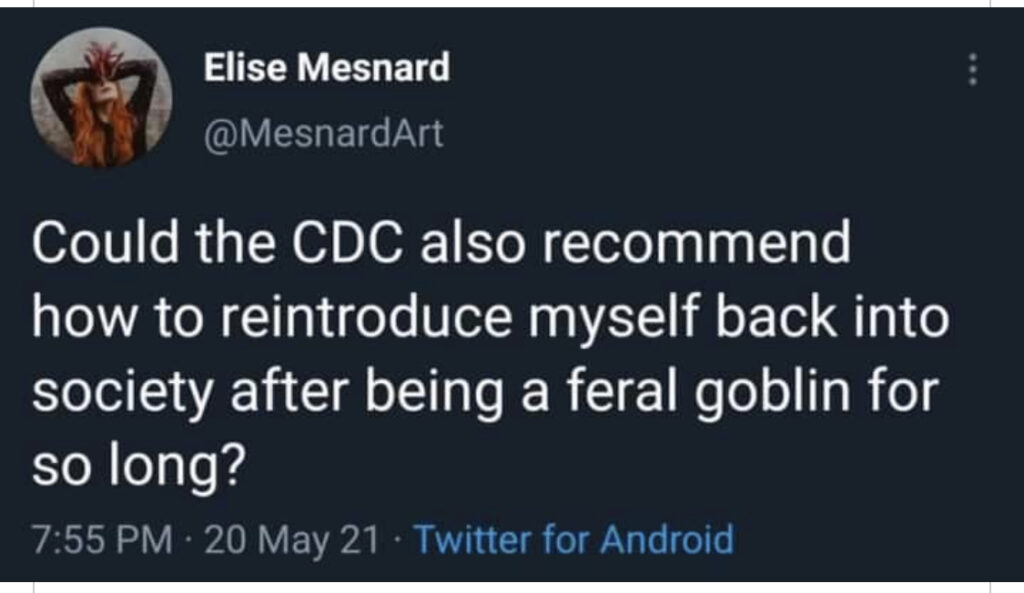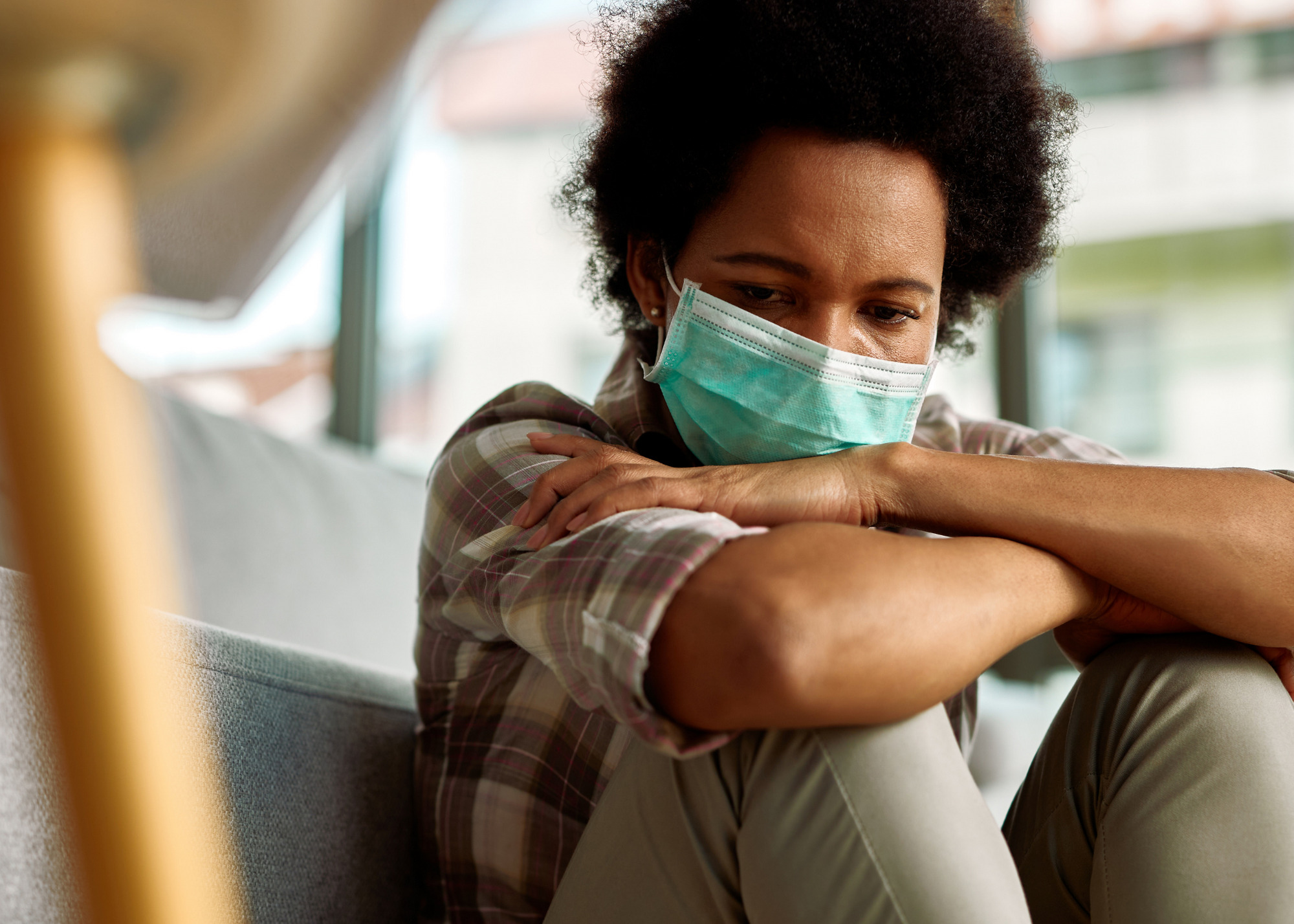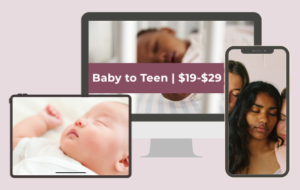As the life slowly gets back to normal the stress and anxiety of this pandemic isn’t long behind us. Individuals will feel the repercussions that COVID has left especially those who suffered from losing their jobs, struggled with mental health, and experienced COVID deaths and illness. COVID re-entry anxiety is real and many are feeling it.
Sign Up For Our Newsletter
The experience of re-entry itself can bring on an increase in stress and anxiety as individuals are starting to head back to work, kids are going back to school, and the world of masks that have kept us feeling safe and in control is slowly disappearing.
While many are excited to feel that sense of normalcy, there is also a large number of people who are feeling the “reentry anxiety” and it’s definitely affecting their sleep.
Ways to alleviate your COVID re-entry anxiety and better your sleep:
Take Back Your Bedroom
Because we’ve all been working from home, your bedroom has likely become the room in which you do everything but sleep. It’s become your home office, your kid’s classroom, your home gym, and your entertainment center. We want to protect our bedroom for sleep only in order to strengthen the association between sleep and our bed. When we spend too much time in our bedroom awake, whether it be working, watching TV, or lying in bed thinking and worrying we are weakening that association.
We want to remove the clutter and create a conducive and calming space to sleep. Start by removing your work setup and files, so that when you go to bed you aren’t thinking about work projects and deadlines. Create a more calming space by focusing on your 5 senses at bedtime. Darken up your sleep space, add in relaxing sounds, include aromatherapy, use bedding that is breathable and comfy, and sip a relaxing decaf herbal tea before bed.
Are you ready to sleep better? Find out more about our Adult Sleep Program here.
Set Tech Boundaries
For those that are truly struggling with sleep and have been suffering from chronic insomnia it’s probably a good idea to give your night table an audit and remove the major sleep buster in your bedroom and that’s tech.
The tech that we allow into our bedtime routine can be emotionally and mentally stimulating, making it more difficult for us to shut down our minds and settle into sleep. When this happens, you can wake feeling more tired which can lead to using technology more. This is referred to as “the rebound effect”.
It’s important to be mindful of what tech you are allowing in during your nighttime routine.
What tech to avoid:
Avoid social media that is only going to heighten your stress and anxiety levels. Doomscrolling isn’t productive and it’s best to shut it down completely.
Right before you go to bed is not time to read the latest email from your boss. Don’t include work emails or projects in your bedtime routine.
Stay away from breaking news or news altogether right before you go to bed if the current headlines will trigger worry and stress.
If you are more sensitive to violence or horror it’s probably not the best genre to stream right before you go to bed.
At the end of the day if your tech boundaries are being broken and now sleep is really being affected then it may be time to remove it completely out of the bedroom and create a family docking station within your home where everyone can plug in overnight.
Bring Back Bedtime
It’s important to have consistent routines in place. Knowing what is going to happen next can help alleviate stress, anxious thoughts, and that constant to-do list ruminating through your mind.
To keep things consistent, incorporate a “Slow Down Cycle” to help you create a customized bedtime routine that not only helps you fall asleep easier but helps create a better morning flow as well.
The “Slow Down Cycle” is broken down in three 20-minute increments. Use the first 20-minutes to prepare for the next day. The next 20 minutes you would focus on your hygiene, and the last 20 minutes you can wind down.
For example, the bedtime routine can look something like:
- Prepare for the next day (pack lunch, prepare for work, choose clothes, do reading etc…)
- Bath/shower/wash face
- Get changed in PJ’s
- Brush teeth/ go to bathroom
- Bedtime chit chat or spend uninterrupted time with partner or yourself
- Do 1 wind down activity like mediation, or mindful breathing.
- Say “Good Night”, and drift off

Put Pen to Paper
Things felt out of control and you are feeling your COVID re-entry anxiety at an all time high we need to start to focus on what is in our control. Include journal writing at bedtime and you can start by writing out everything you look forward to once restrictions open. Hugging family, seeing friends, eating out, or going to a concert. Keep in mind the activities you include don’t have to be huge and adventurous. The purpose of this list is to bring you some excitement for these new beginnings and a simple trip to get a pedicure or haircut could be all you need on your list to bring you joy.
Once that list is made focus on what you need to do to feel safe and secure to make those joyous moments happen. What is in your control? Perhaps it means getting the vaccine, determining which locations and companies you feel most safe and secure going to and are keeping their employees and customers safe. Keep in mind while others who are fully vaccinated may be leaving their masks at home, if keeping yours on, even after getting your vaccine, helps you feel more secure with being out and about than leave it on. You do you!
Start off Slowly
You may want to take off running and try to fit as much as you can in one day but keep in mind it’s been a long time since your calendar has been completely booked with outside of the home activities and gatherings. You will be amazed how quickly you can feel completely exhausted with just the simplest interaction. Make sure to incorporate some rest throughout the day until you are used to your usual pre-COVID day-to-day.
Make sure to include physical rest that includes protecting your sleep and perhaps incorporating a nap. Physical rest could also be going for a leisurely walk or practicing yoga and stretching. Also, incorporate daily mental rest like small quiet moments throughout the day where you can collect your thoughts, work through any stressful thoughts so that they aren’t ruminating in your mind, and include daily breathing exercises to lower your heart rate and reduce anxious thoughts.
Stay Connected to Your Support System
Connection is an important part of bettering your mental health. Reach out to those who will support you through your current state of mind and set boundaries on those who aren’t your people during these times. You know your people and you know who are the right ones to turn to when you need more help mentally. Also, open up the conversations with your doctor if you think it’s time to speak with a professional.
Own How You Feel and Your Sleep Loss
It’s okay. It’s okay that you have hesitations about the world reopening. You are feeling COVID re-entry anxiety and it’s okay that you aren’t sleeping well. Remember that positivity can be toxic as well and if others around you are at an excitement re-entry level that you aren’t at yet, it’s okay to set short term boundaries on those relationships or social media accounts. Also, embrace your relationship with sleep at this moment but don’t sit in it. Move forward with taking the right steps to sleep better, and trust that you will sleep better once again.











